This year, Michael R. Jackson's Pulitzer Prize-winning A Strange Loop became the most Tony-nominated production of the season. Produced by Black royalty like RuPaul, Billy Porter, and Jennifer Hudson, the groundbreaking musical follows Usher, a Broadway usher and aspiring playwright. Audiences watch him (accomplished, questioned, and encouraged by his thoughts) go through the process of writing a "big, Black, and queer-ass American Broadway show" about a Black gay man writing a musical about a...well, you get the point.
The project is irreverent and poignant, dealing with the macro through the perspective of hyper-specific experiences. Its very existence is a critique of common discourse on Blackness, queerness, fatness, and communities living with HIV, and Jackson confronts each of those issues explicitly in the text.
In this piece, three Black gay men share their experiences seeing A Strange Loop and how it impacted them.
Jose Gonzalez, Activist
I've seen maybe three Broadway shows before. It wasn't really my thing. And then even when I wanted to go, the cost was an issue. With A Strange Loop, it started popping up on my feed and people were talking about how amazing it was -- how Black, how queer [it is] -- and I was intrigued, and I was like, I have to see this.
My first impression was that it was raw. It felt very personal to the writer but also kind of hit for me. Obviously, when they started talking about the uncle Darnell being HIV-positive, those moments really hit, but even his thoughts -- this inner self-loathing and all of that -- really hit for me and probably everyone else. Actually, most of it kind of hit for me except, really, the growing up in church part.
With the sex scene, when Usher goes uptown to meet this older white guy off of Grindr and allows himself to be fetishized in this race play scene all to feel validated, I was a little triggered by that. It was sort of like, Oh, my God, I've been here before. Not with the racial slurs but trying to get affirmation from a white man or to rise up in class or just wanting to feel loved. Although this wasn't the case with Usher, for me, that's what I went through when I first got diagnosed. I was looking for someone to love me. For him, it was about being fat and Black. But for me, it was being positive. So watching that just felt like Oh, I've been here before.
As I was watching, part of me was thinking this experience is so raw and so real, maybe I can write a play. Like maybe I should tell my experiences. Seeing all of this onstage about cruising, sex, and hookup culture, I was thinking maybe I could do this in my own way. I didn't really see that in as authentic a way as A Strange Loop while I was growing up. We're seeing it a little now, but outside of like Noah's Arc we didn't really see it before.
The whole thing felt very Black and very gay and like, "I'm not going to sugarcoat anything I'm saying for anyone."
Ethan Baldwin, Creative director in marketing, design, and advertising EthanBaldwin.com
I'm not a huge Broadway or musical guy, mainly because all the seats are too tiny. Most shows I try to see off-Broadway where the venue is updated because as a really tall and really broad guy, my knees are always in the back of someone's head or someone is casually draping over my shoulder because there's no room. But I heard about A Strange Loop and the description alone made me interested.
I was hooked right from the first number with the introduction of all of the different personalities in comparison to the lead. Being someone of a similar background, I was like, Oh, shit, and it kind of flips it from being just a musical on Broadway.
The thing that stuck with me the most was definitely that massive over-the-top production of the church play within the play, with that massive set and the huge cross on it. That was like a tears-streaming-down-my-face moment because that was my childhood. That seems lifted almost exactly from my experience and from so many shared experiences of Black gay men growing up in the church. That experience is so based around "do this or you'll go to hell" that really shaped everything. Seeing a scene of him saying, "Here's the gospel play you always asked for, here's me going through all the steps that you told me were supposed to put me down the right path, and I'm still wrestling with all of these issues, so what was the point?" That was so spot on.
Outside of that, one of the biggest reactions for me was the idea of call-and-response in Black theater. Having a show that has all these very Black, very gay specific social points and not being able to look around and see, Oh, you get this, because other people are reacting similarly. All of the Black queer people in this particular show when I saw it were like dispersed throughout the audience. So you'd hear that connection but it'd be a couple rows behind you. That was more about the audience, but it impacted my viewing.
Hassan Sayyed, Founder of Haus Urban HausUrban.com
There was a period in my life where I went to see theater frequently. But recently, especially since the pandemic, I've been more selective about where I'm spending my time and whether I want to be trapped in a theater with hundreds of people. With A Strange Loop, I'd seen two or three songs of it at a showcase seven or eight years ago. I remember thinking, This will never get made. And I [was] upset about it.
My first impression, like 45 seconds in, was "this is my morning." There was this immediate recognition. Usher comes in and the thoughts emerge from the boxes and there's this boardroom battle of "here's what you need to do" and all these emotions. So immediately I laughed. But for me, the big test of a successful musical is that I walk out humming something; at least one melody sticks. If it doesn't, it's a flop in my eyes. For me, that was "Inner White Girl."
When that song came up, which is about how Usher has this inner white girl inside of him who can do all the things Black boys aren't allowed to do, I was like, Oh, this is incredible, and we're in for a ride. And it did not disappoint.
I moved to New York City as a 17-year-old, and I had a vision that other people could not see or support. So once we started meeting Usher's family members and were introduced to the push and pull and tension with his mom, that rang very true for me. I was having strained conversations and dodging certain things while hearing those voices in the back of my head, just like him. There's this layer of "this is what Jesus said" or "what God wants" and managing that and trying to discover who you are and negotiate it all at the same time. It was like watching a mirror.
There's a scene in the musical where Usher has a conversation with his doctor at his annual checkup. The doctor basically chastises him for not having more sex and hilariously threatens him that if he doesn't by next year there will be hell to pay. I had a doctor similar to that. He was Asian, and he would ask me all these questions and encourage me to do certain things, and I knew that he meant well, but it also scared me at the time. I thought that experience was unique to me, and apparently, it was not.
One of the reasons I think A Strange Loop is important is because there's a whole community of people who need to see themselves in this way, up on stage. So many of Usher's experiences are not unique. A lot of times, we think that they are because we haven't been talking about them in this way with anyone. So having this character who represents so many people in so many ways with all of the politics involved is really important. And I think that people who are not [in] this demographic need to have a better understanding of the psychological struggles that we go through just existing, so in that way it's twofold.
This article is part of Out's September/October 2022 issue, out on newsstands August 30. Support queer media and subscribe -- or download the issue through Amazon, Kindle, Nook, or Apple News.
RELATED | Gay Musical A Strange Loop Wins Big at the 2022 Tony Awards



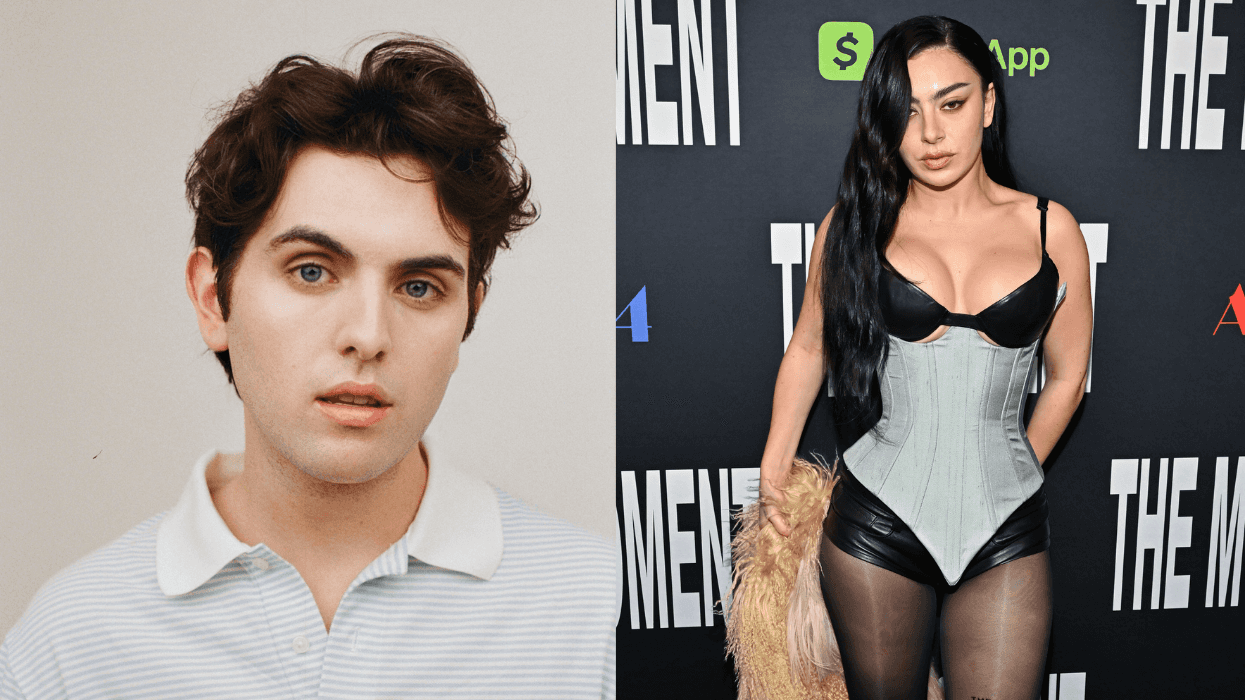
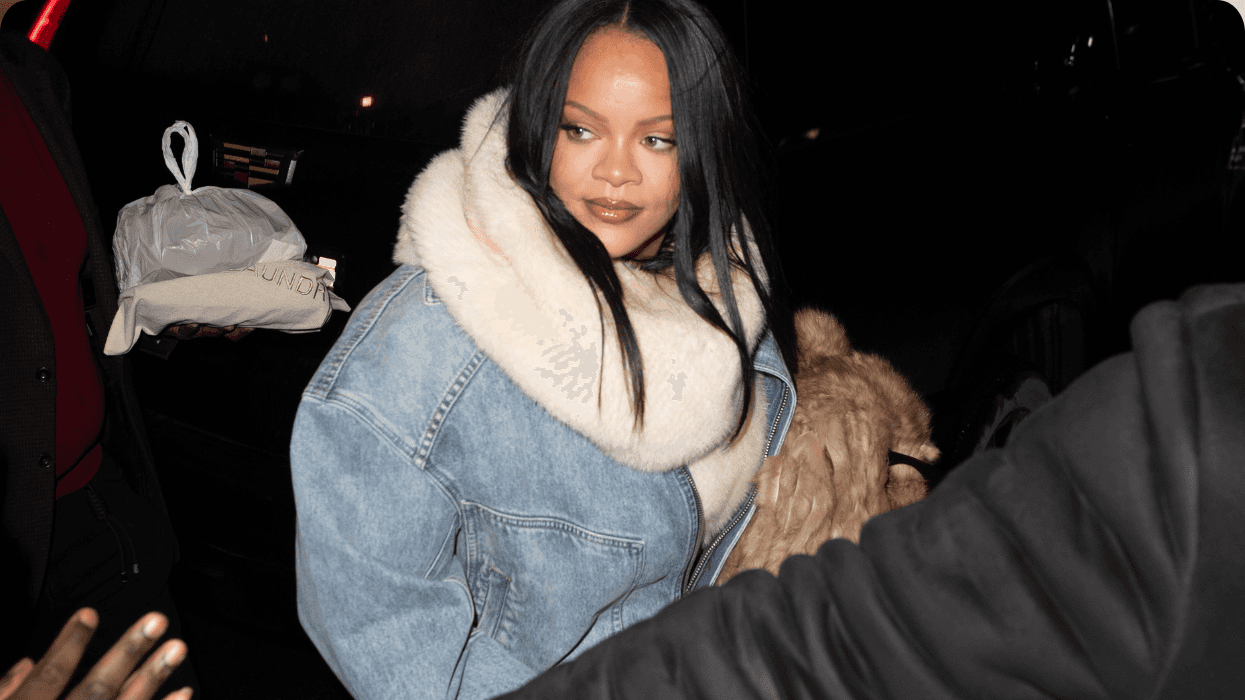
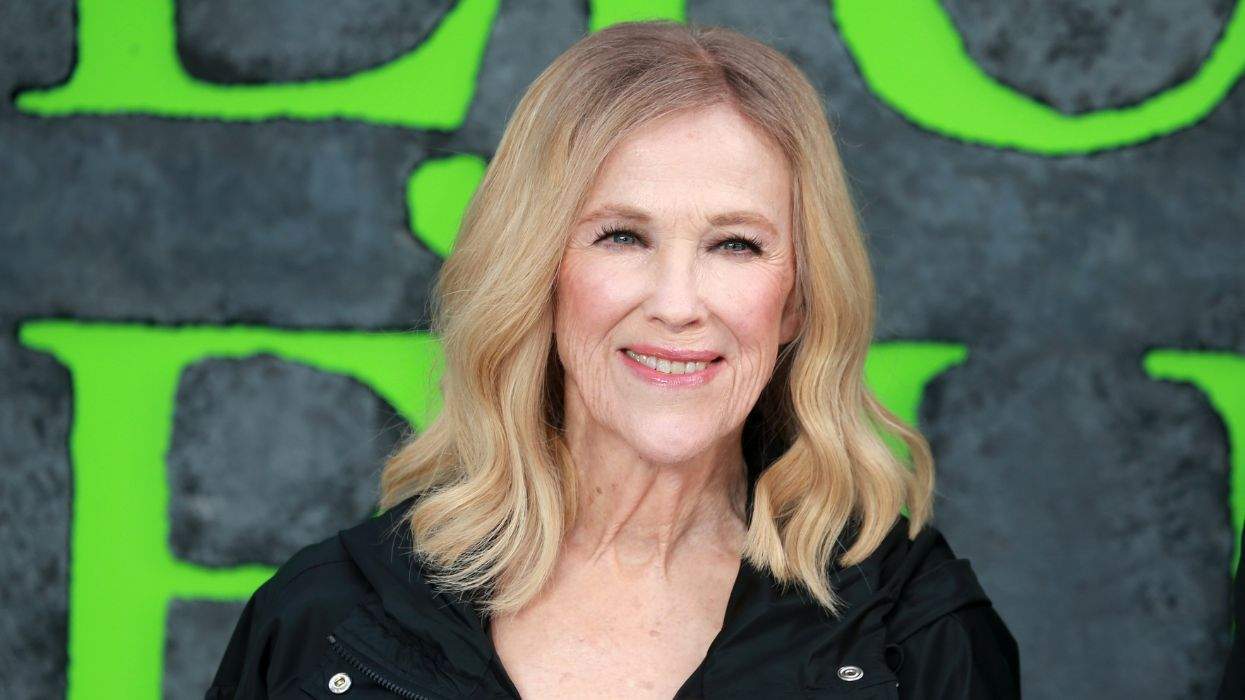
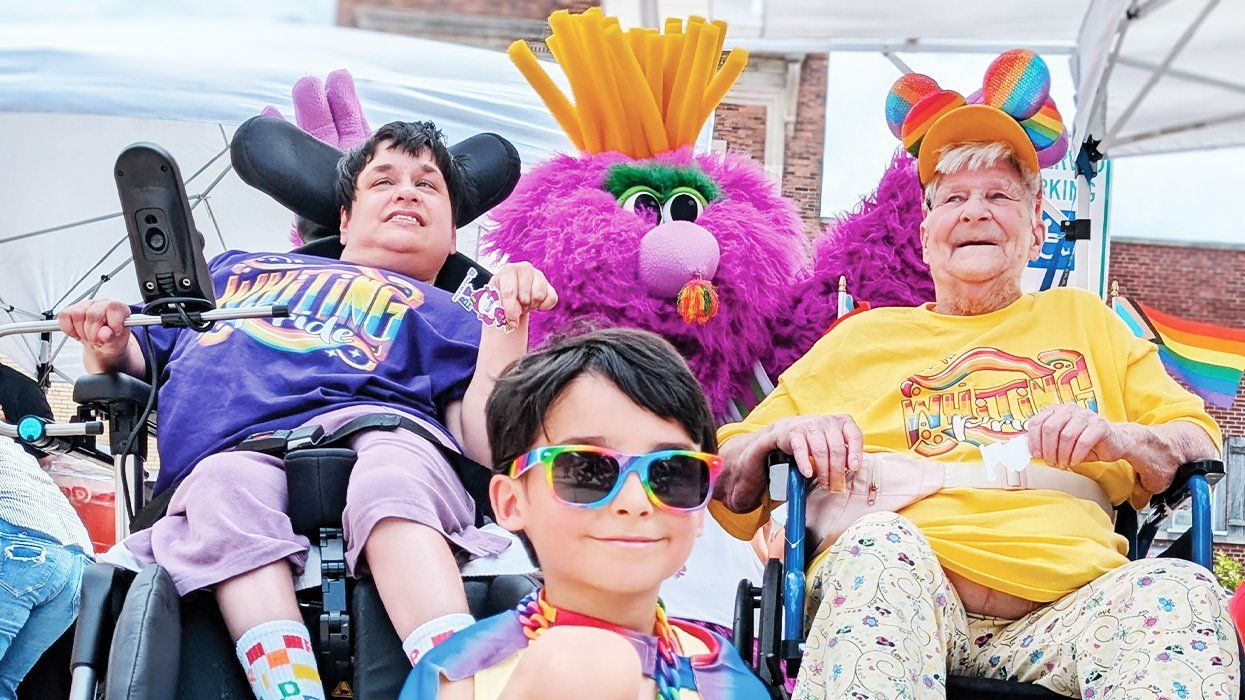
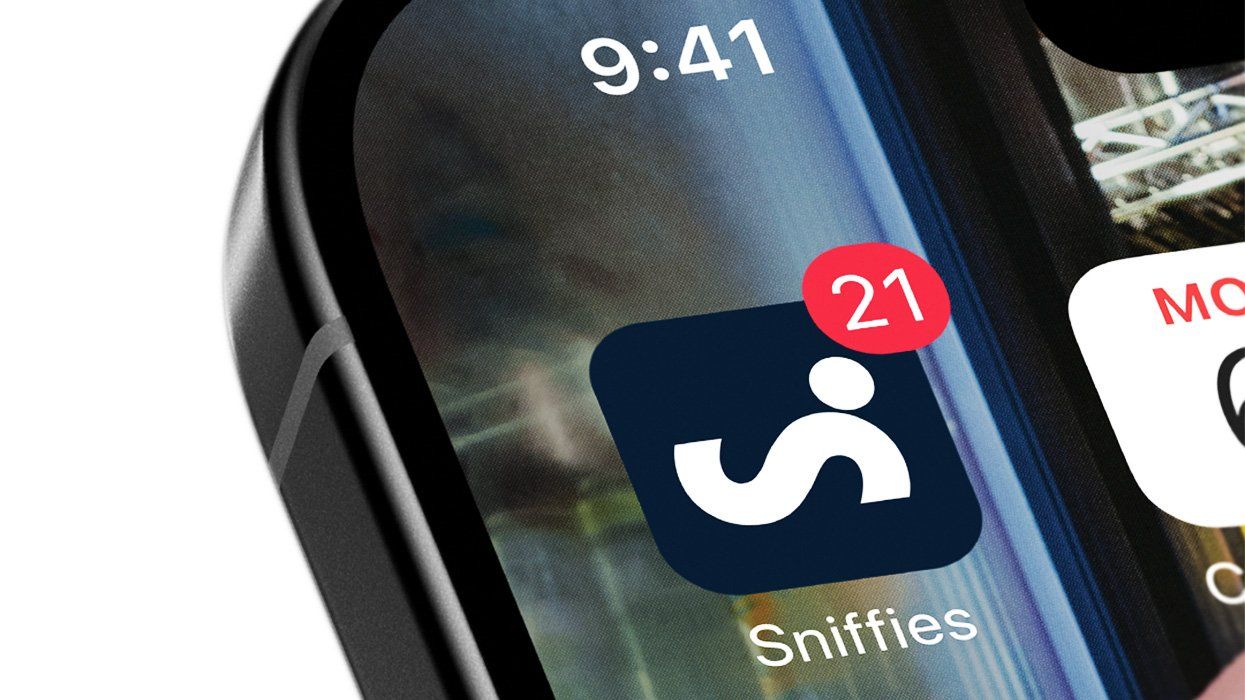

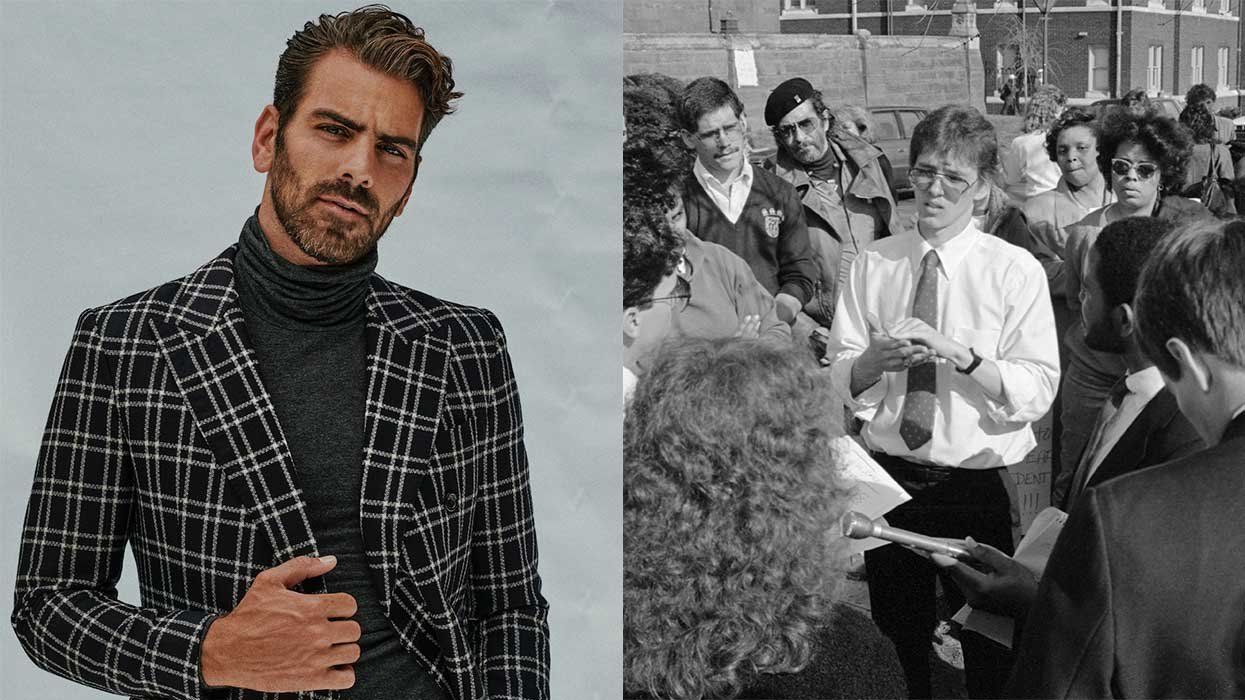
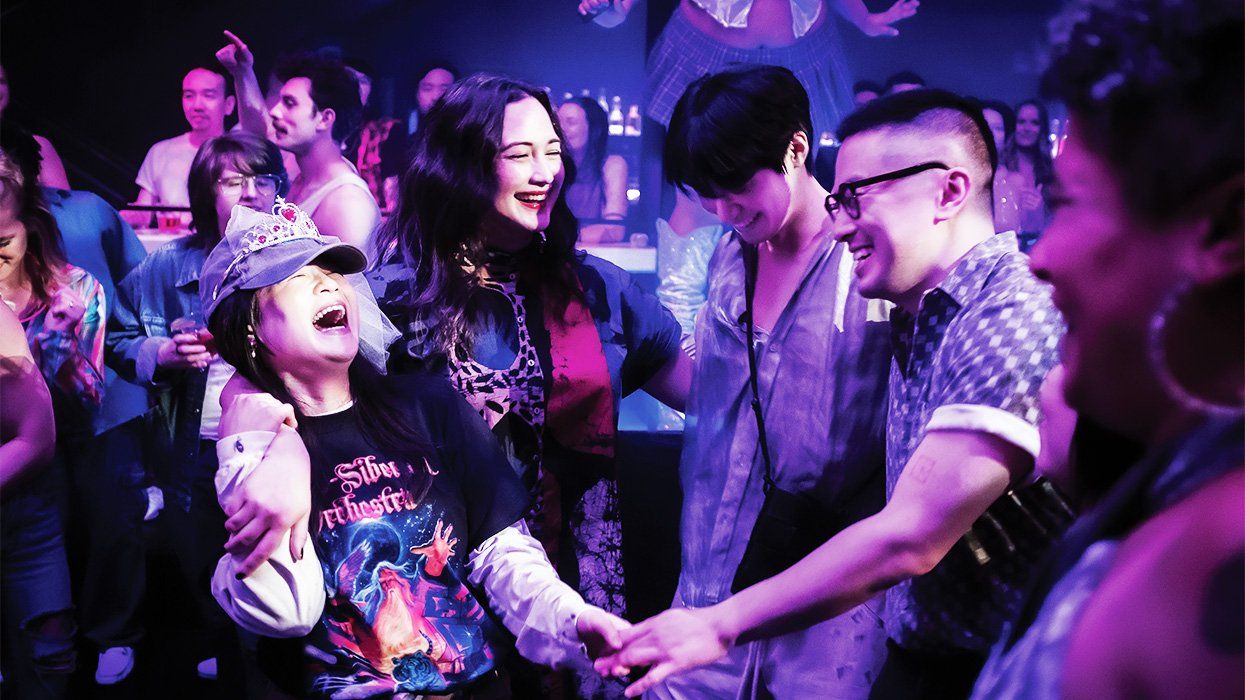
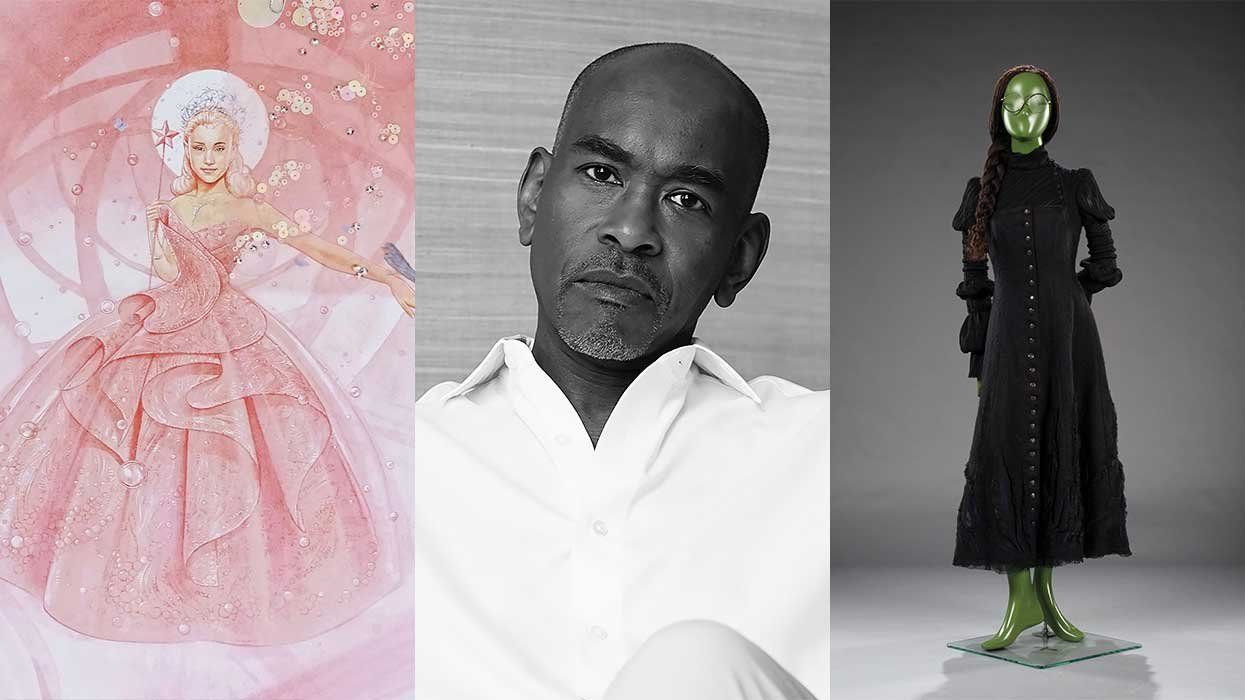


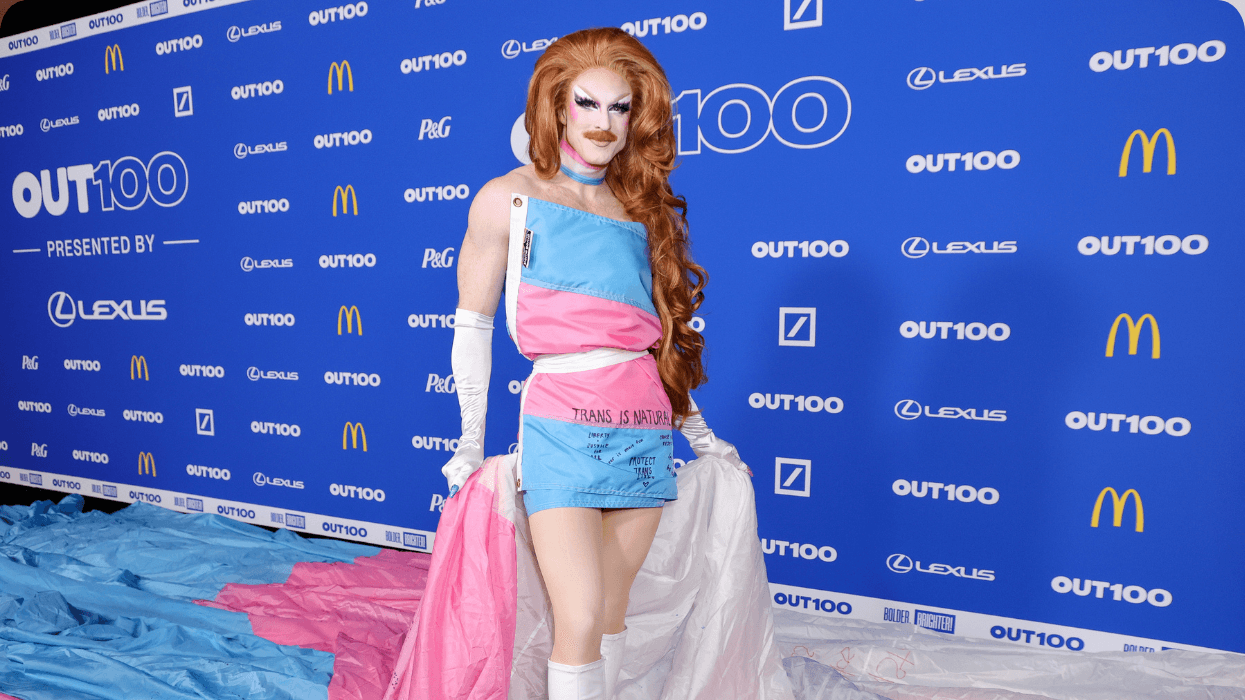

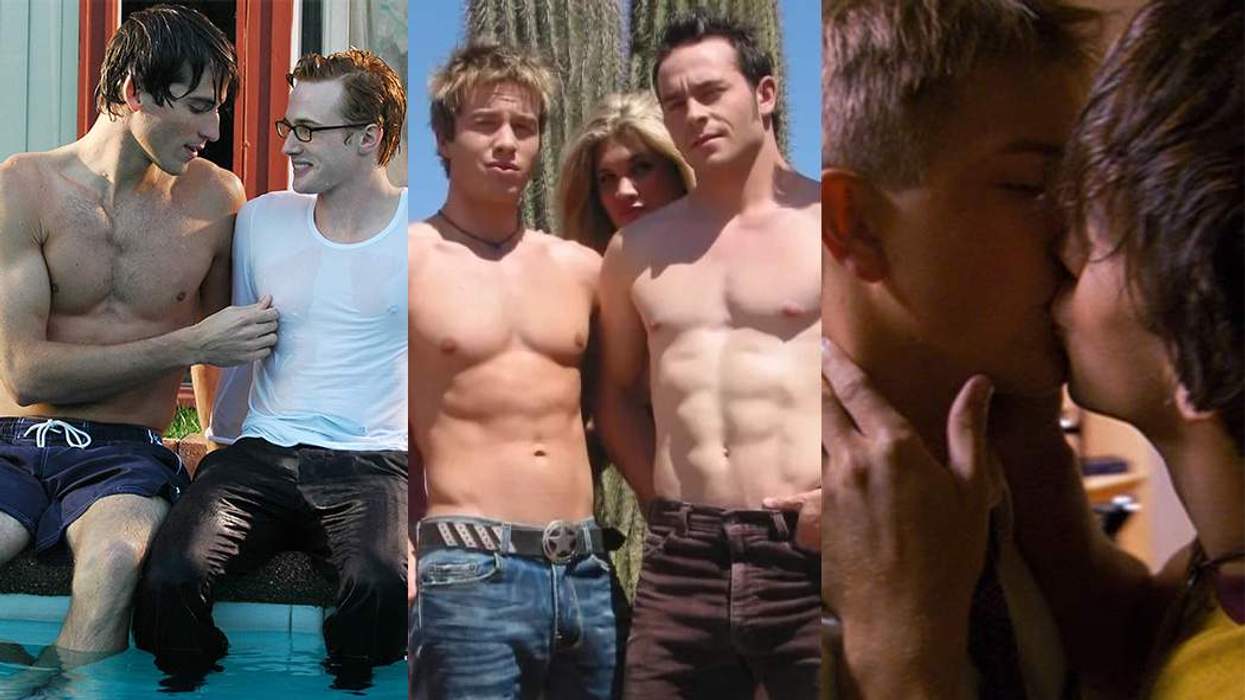
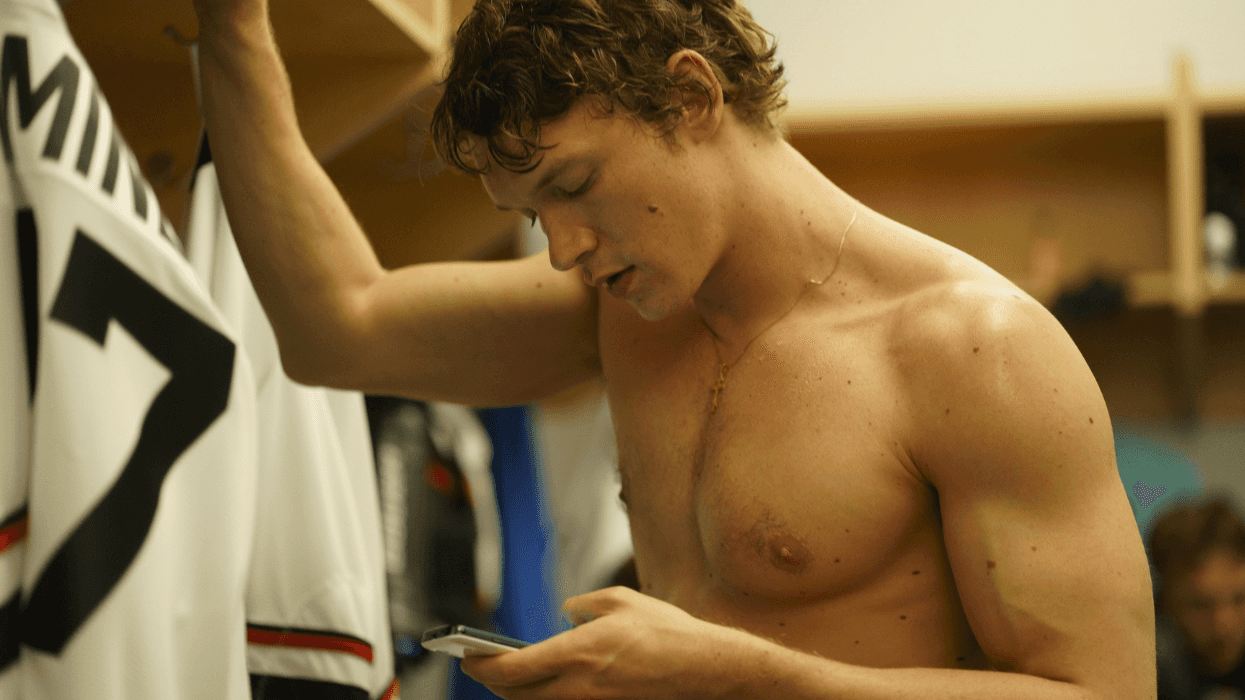
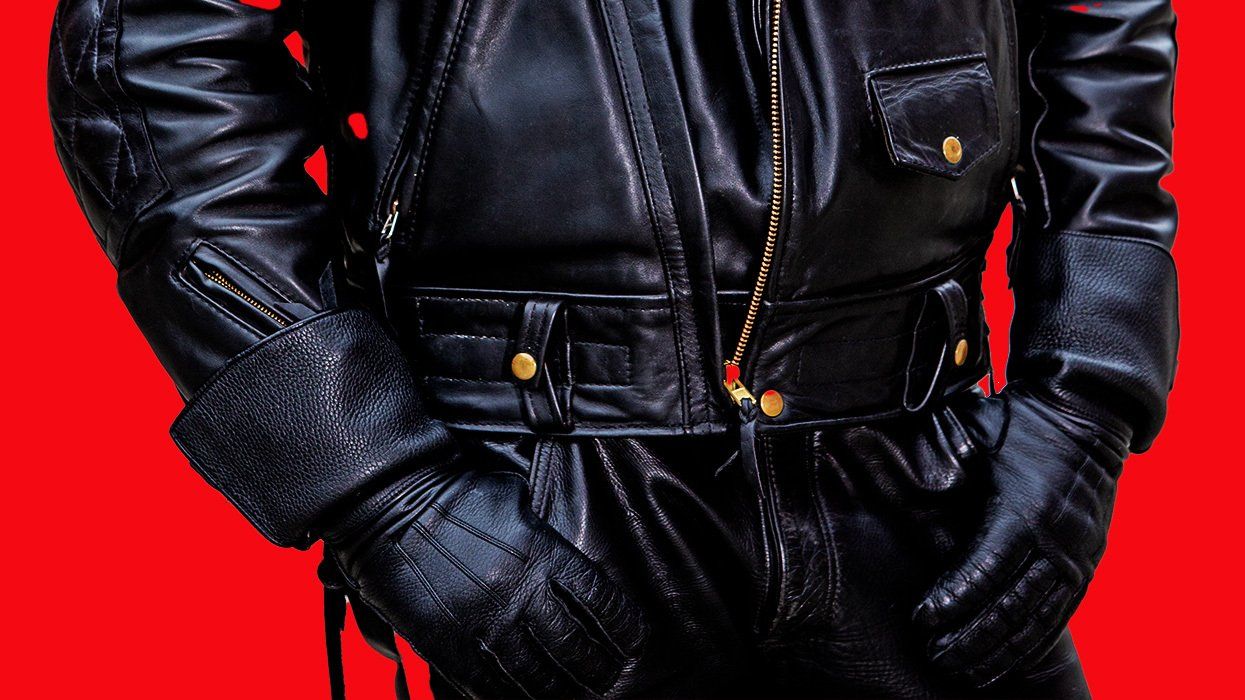
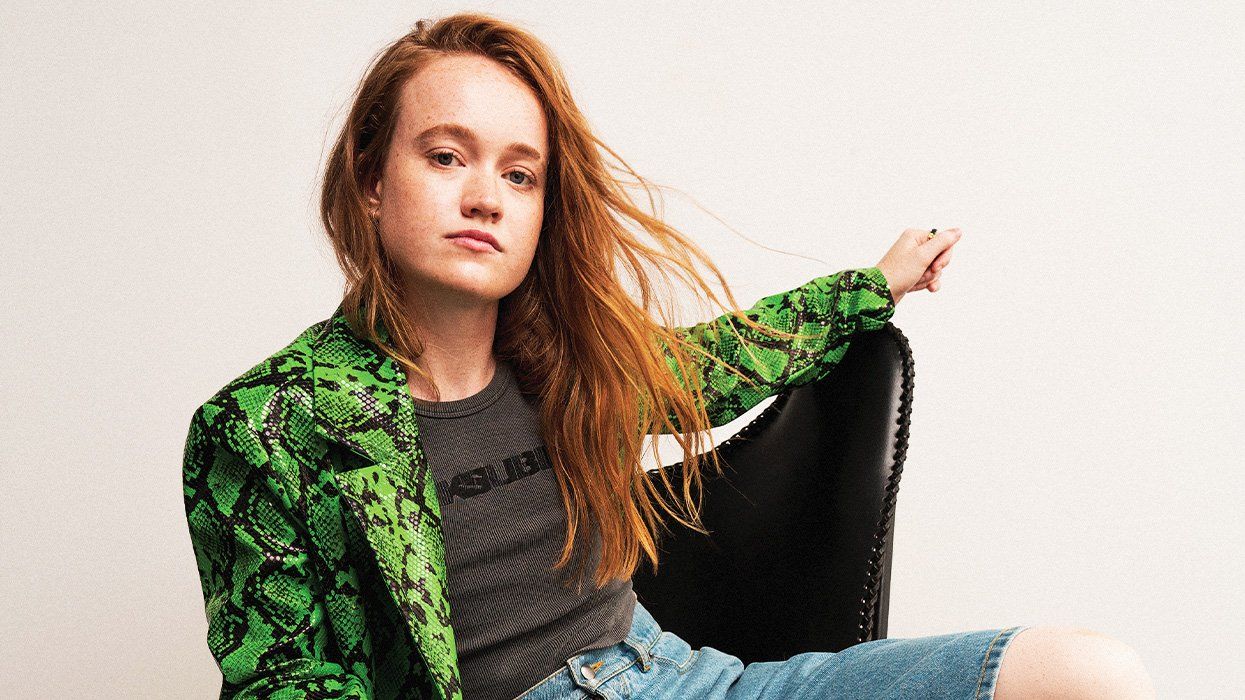
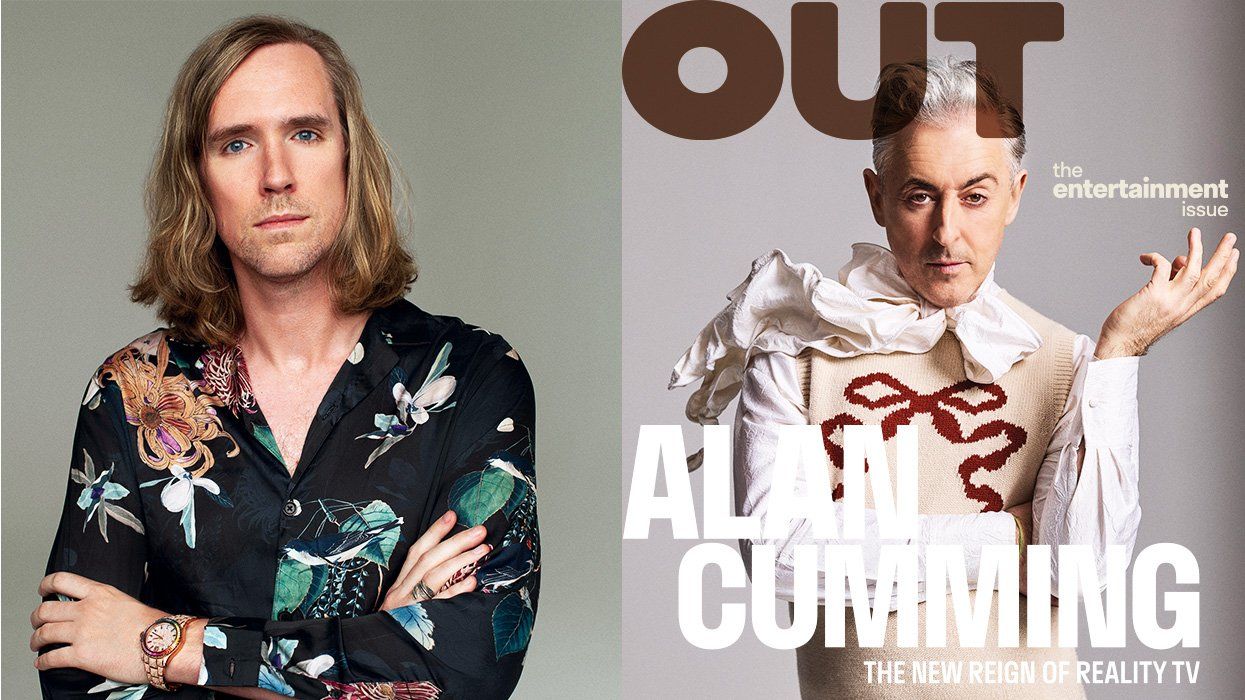
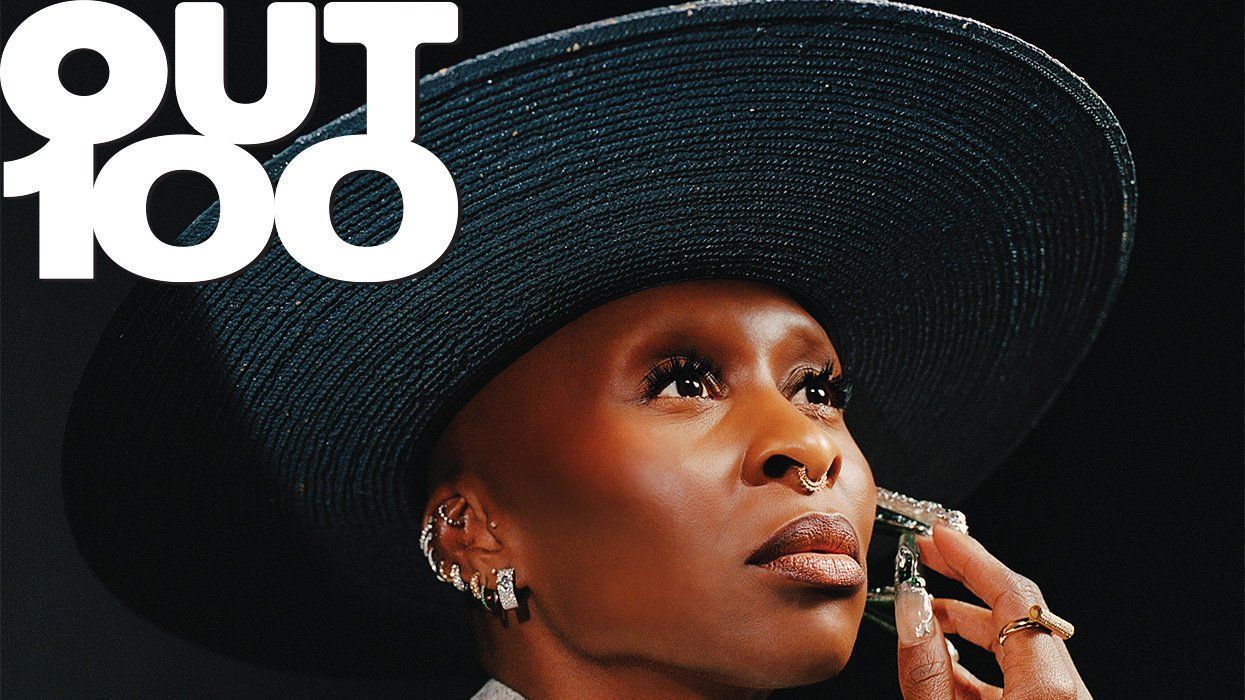

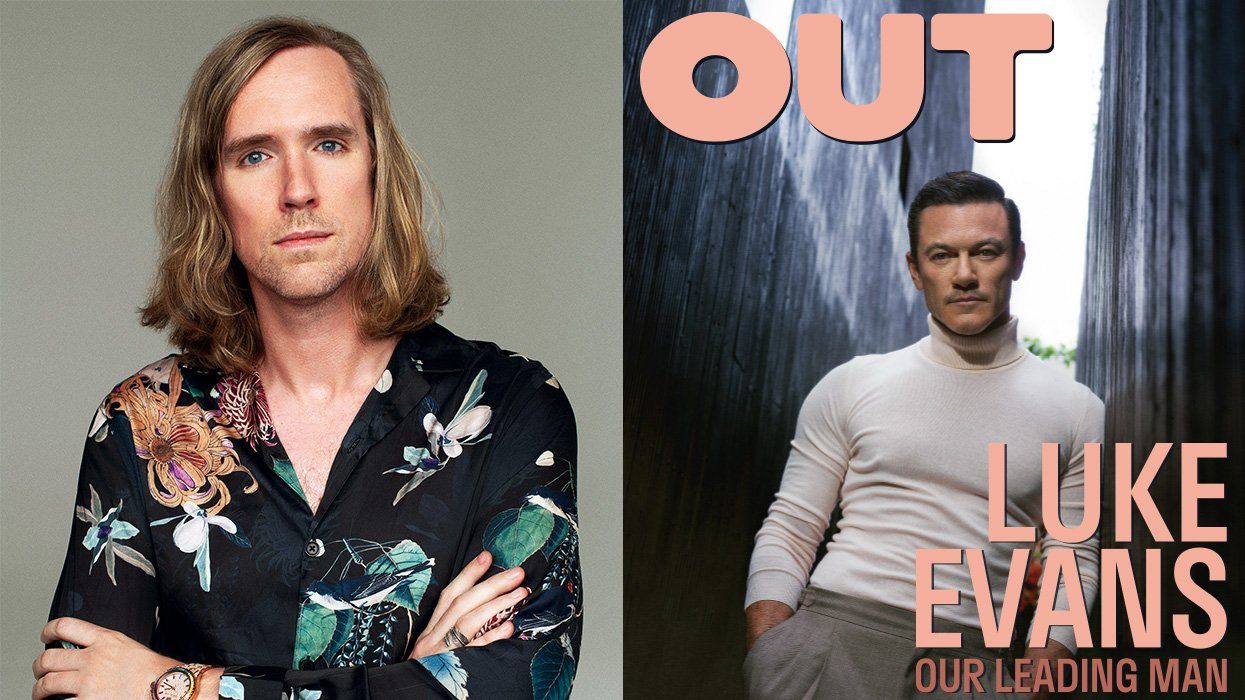
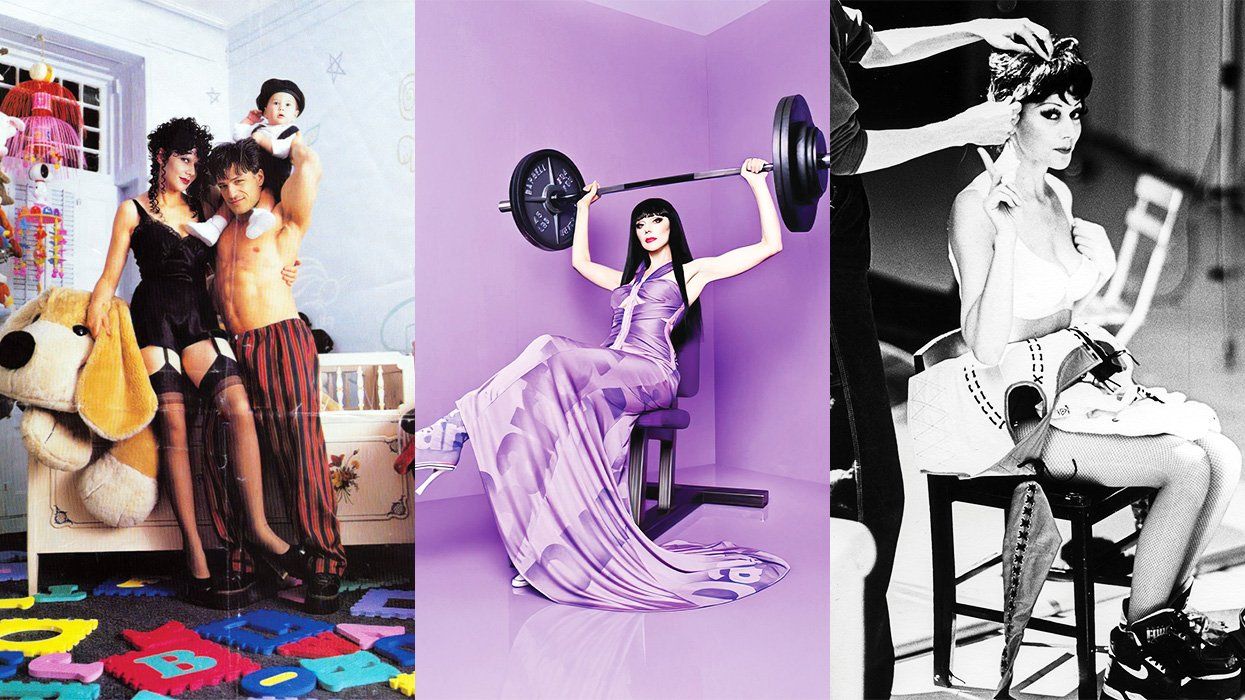
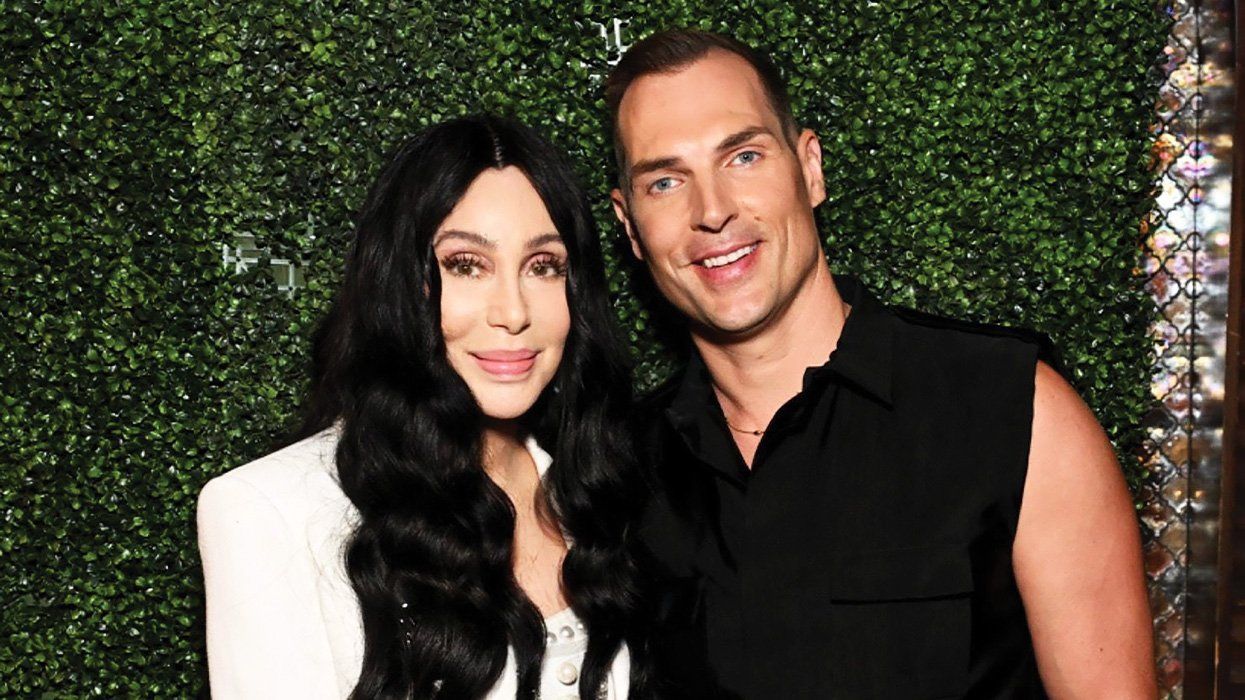

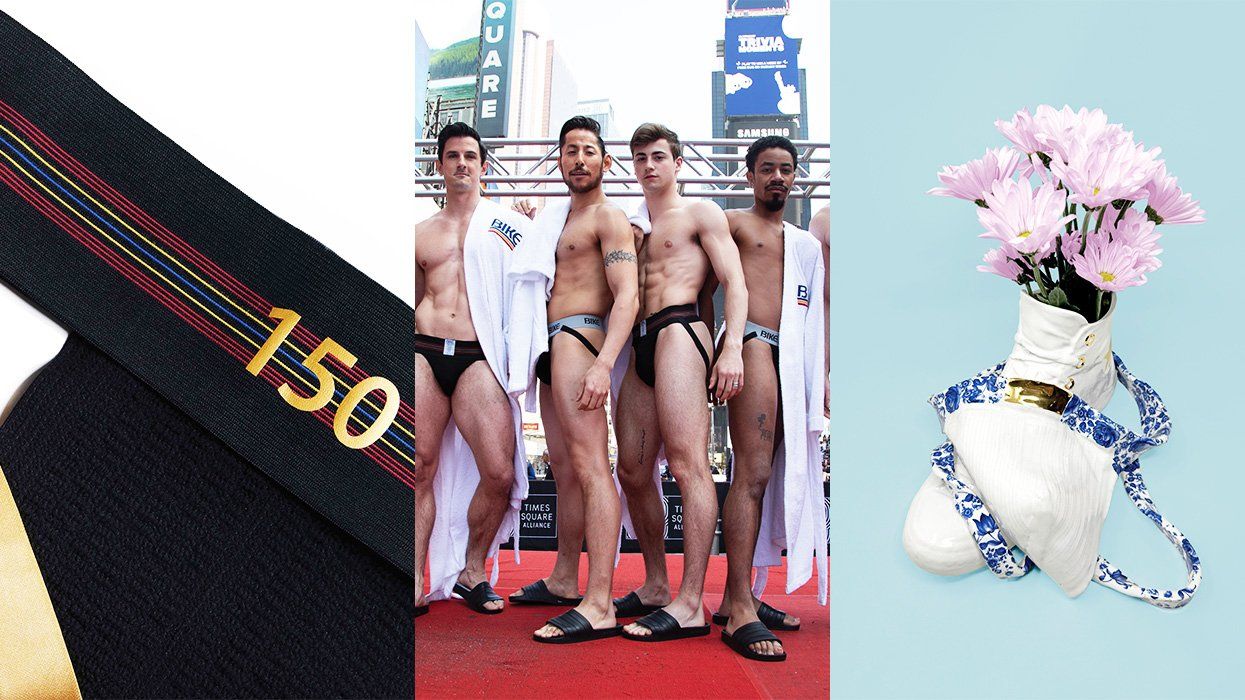
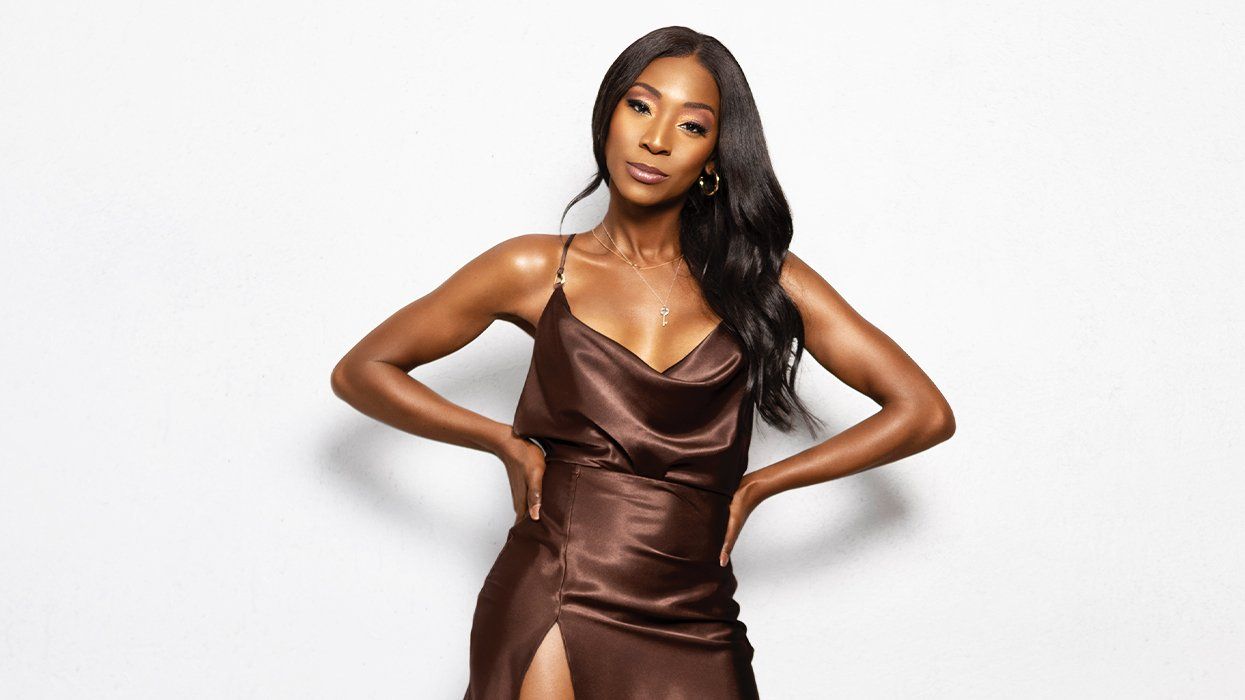
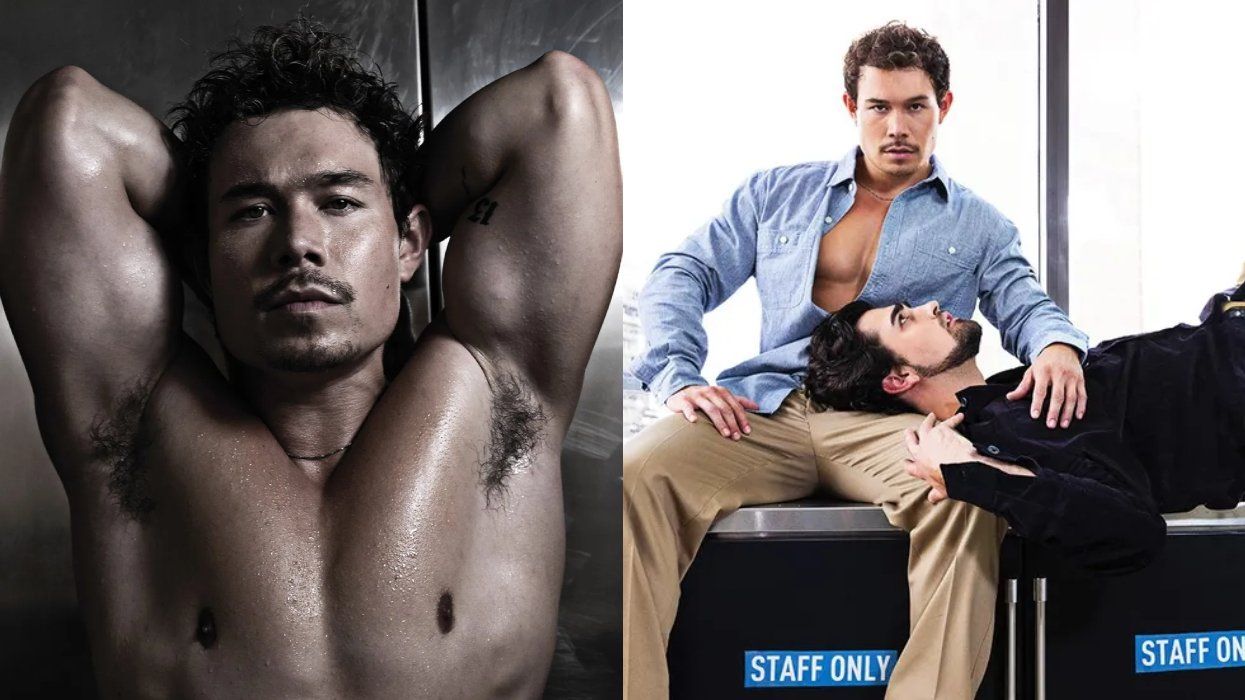
The racist, homophobic, and frightening arrest of Don Lemon
Opinion: It’s not a coincidence or an accident that Lemon, and other Black journalists were targeted by the Trump Justice Department, writes John Casey.